Trump warns of slowdown unless Fed lowers rates
THE US economy could slow unless interest rates are lowered immediately, President Donald J. Trump said on Monday, repeating his criticism of US Federal Reserve Chair Jerome H. Powell, who says rates should not be lowered until it is clearer Mr. Trump’s tariff plans won’t lead to a persistent surge in inflation.
“With these costs trending so nicely downward, just what I predicted they would do, there can almost be no inflation, but there can be a SLOWING of the economy unless Mr. Too Late, a major loser, lowers interest rates, NOW,” Mr. Trump said in a post on Truth Social.
The comments, and the administration’s seemingly intensifying pressure on a Fed chair Mr. Trump has stated he would like to see gone, sent stock markets lower and bond yields higher as investors and analysts mulled the fallout should Mr. Trump ignite a fight over the Fed’s monetary policy independence and try to remove Mr. Powell before the end of his term a little over a year from now.
It’s not clear if Mr. Trump has the authority to do so, and even if successful the Fed’s governance structure would give the remaining board members and regional bank presidents say over interest rate decisions — potentially forcing the White House into a deeper assault on the Fed’s seven-member Board of Governors.
Mr. Trump’s repeated threats to fire Mr. Powell come as he tries to goad the Fed into quickly cutting interest rates to mitigate a widely expected economic slowdown and possible harm to the labor market due to his tariff and other policies, while Fed policy makers urge caution on concerns inflation, which remains above their 2% target, could be pushed higher by the import taxes.
The Fed next meets on May 6-7 and is widely expected to hold the benchmark interest rate steady in the current 4.25% to 4.5% range.
WEAKER OUTLOOK
The growth outlook and overall sentiment have both been falling as Mr. Trump ratcheted up efforts to impose import taxes on goods from major US trading partners and many core products, with top economists raising the estimated odds of a recession this year.
The Conference Board’s index of Leading Economic Indicators fell by 0.7% in March, and while still above recession levels “pointed to slowing economic activity ahead,” said Justyna Zabinska-La Monica, senior manager, business cycle indicators, at The Conference Board, with consumer sentiment and manufacturing weakening and stock prices in decline.
While inflation is expected to decline in upcoming readings, there is broad agreement as well that the import tariffs Mr. Trump plans to impose will drive it back to perhaps 4% or higher through the rest of the year.
Fed officials say that while that price shock may prove temporary, allowing them to cut rates eventually, they worry it could lead to more persistent inflation that would require them to keep credit conditions tighter.
Chicago Fed President Austan Goolsbee said in comments to CNBC on Monday that the central bank needed more time to see the net impact of Mr. Trump’s policies.
“The impact of tariffs on the macroeconomy could potentially be modest,” Goolsbee said. “We don’t know what the impact on the supply chain is going to be so I think we want to be a little more of a steady hand and try to figure out the through line before we’re jumping to action.” — Reuters

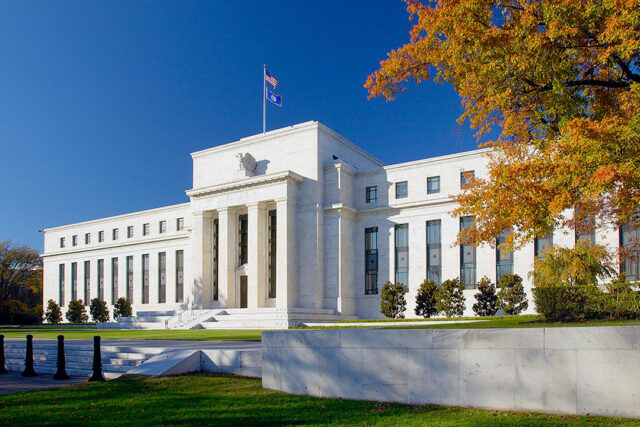
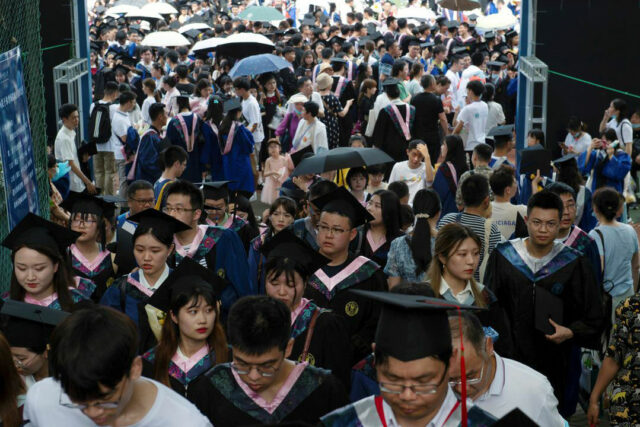





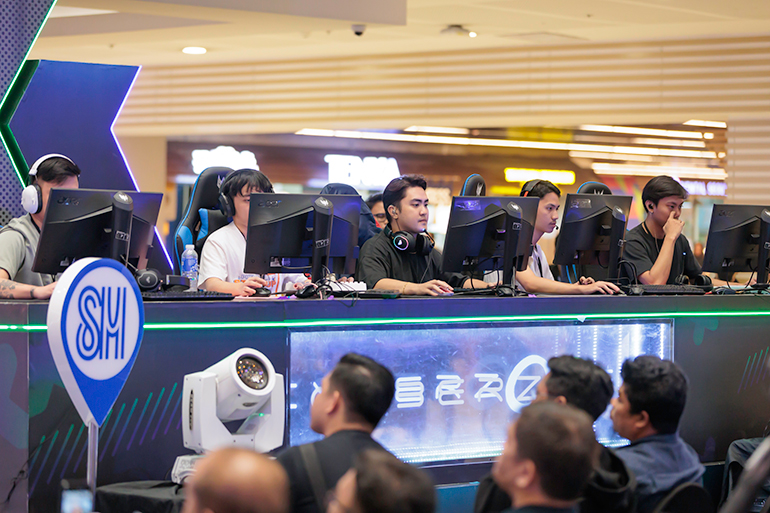



 He became motivated to create his own interpretation of the dishes he and his wife enjoyed during their trip. Mark is no stranger when it comes to taste and flavors, as one of his ventures involves supplying premium ingredients to food-service businesses. With a thrust in promoting Filipino ingredients across various local establishments, and with plans for global reach in the near future, he recognized the significance of showcasing Filipino cuisine and flavors, even within an Italian setting and ambiance.
He became motivated to create his own interpretation of the dishes he and his wife enjoyed during their trip. Mark is no stranger when it comes to taste and flavors, as one of his ventures involves supplying premium ingredients to food-service businesses. With a thrust in promoting Filipino ingredients across various local establishments, and with plans for global reach in the near future, he recognized the significance of showcasing Filipino cuisine and flavors, even within an Italian setting and ambiance.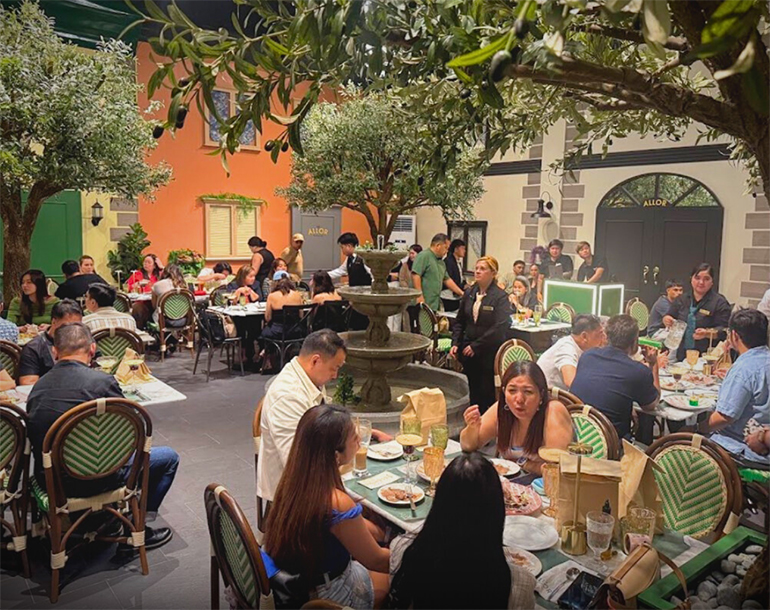 Do not be deceived by the restaurant’s modest façade; once entering, guests will be pleasantly surprised by the restaurant’s replica of an
Do not be deceived by the restaurant’s modest façade; once entering, guests will be pleasantly surprised by the restaurant’s replica of an  Mark emphasizes that the ingredients used for their Italian dishes are of the highest quality, featuring imported Italian products such as their tomato sauce, olive oil, truffle, flour, and cheese. Caffé Allor Ristorante offers a delightful selection of solo and shareable pasta, as well as both dessert and savory crepes [the Puto Bumbong Crepe is a must try!].
Mark emphasizes that the ingredients used for their Italian dishes are of the highest quality, featuring imported Italian products such as their tomato sauce, olive oil, truffle, flour, and cheese. Caffé Allor Ristorante offers a delightful selection of solo and shareable pasta, as well as both dessert and savory crepes [the Puto Bumbong Crepe is a must try!].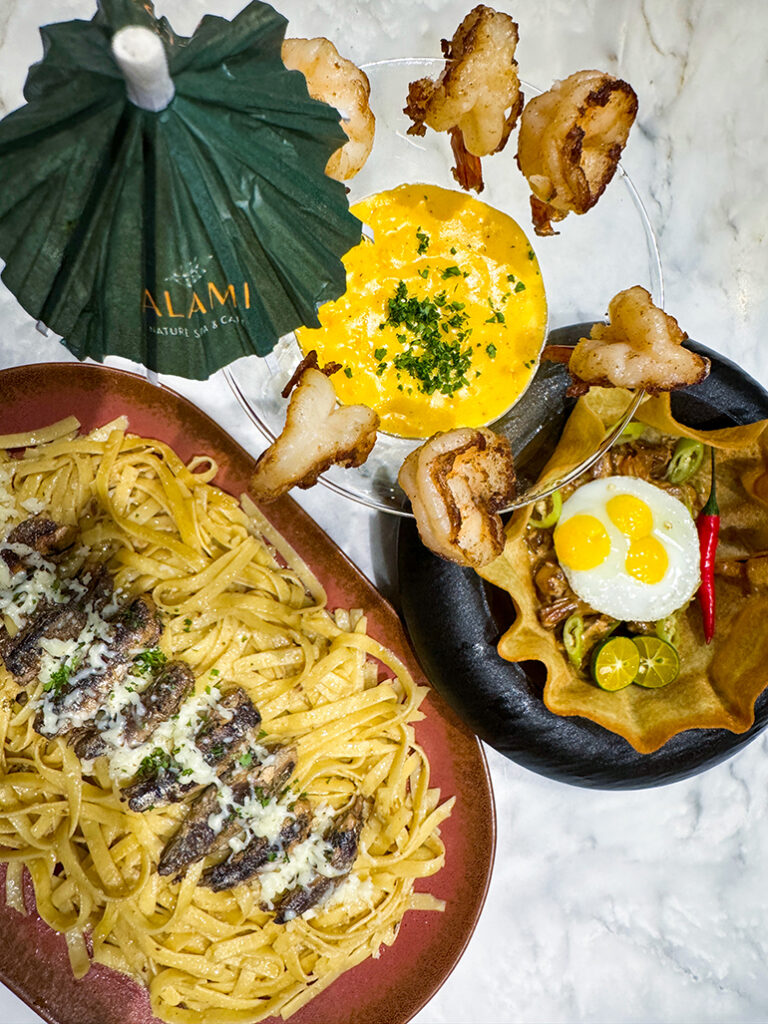 The restaurant features a good selection of Neapolitan pizzas, renowned for their thin, crispy crust and premium ingredients, originating from Naples, Italy. They offer tea and coffee made from local beans, prepared in Italian style, distinguished by its strength, frothiness, and richness.
The restaurant features a good selection of Neapolitan pizzas, renowned for their thin, crispy crust and premium ingredients, originating from Naples, Italy. They offer tea and coffee made from local beans, prepared in Italian style, distinguished by its strength, frothiness, and richness. “The goal for the restaurant is to create a family-friendly space where families can relax, enjoy a proper meal, and share delicious food together,” shares Mark.
“The goal for the restaurant is to create a family-friendly space where families can relax, enjoy a proper meal, and share delicious food together,” shares Mark.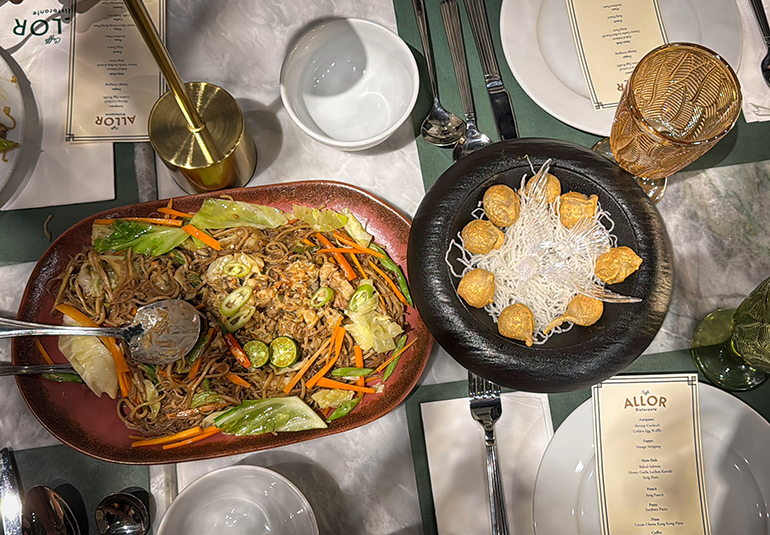 Caffè Allor Ristorante is located at 83 Scout Reyes corner Scout Delgado, Brgy. Paligsahan, Quezon City. Operating hours are from 9:00 a.m. to 11:00 p.m. daily.
Caffè Allor Ristorante is located at 83 Scout Reyes corner Scout Delgado, Brgy. Paligsahan, Quezon City. Operating hours are from 9:00 a.m. to 11:00 p.m. daily.





